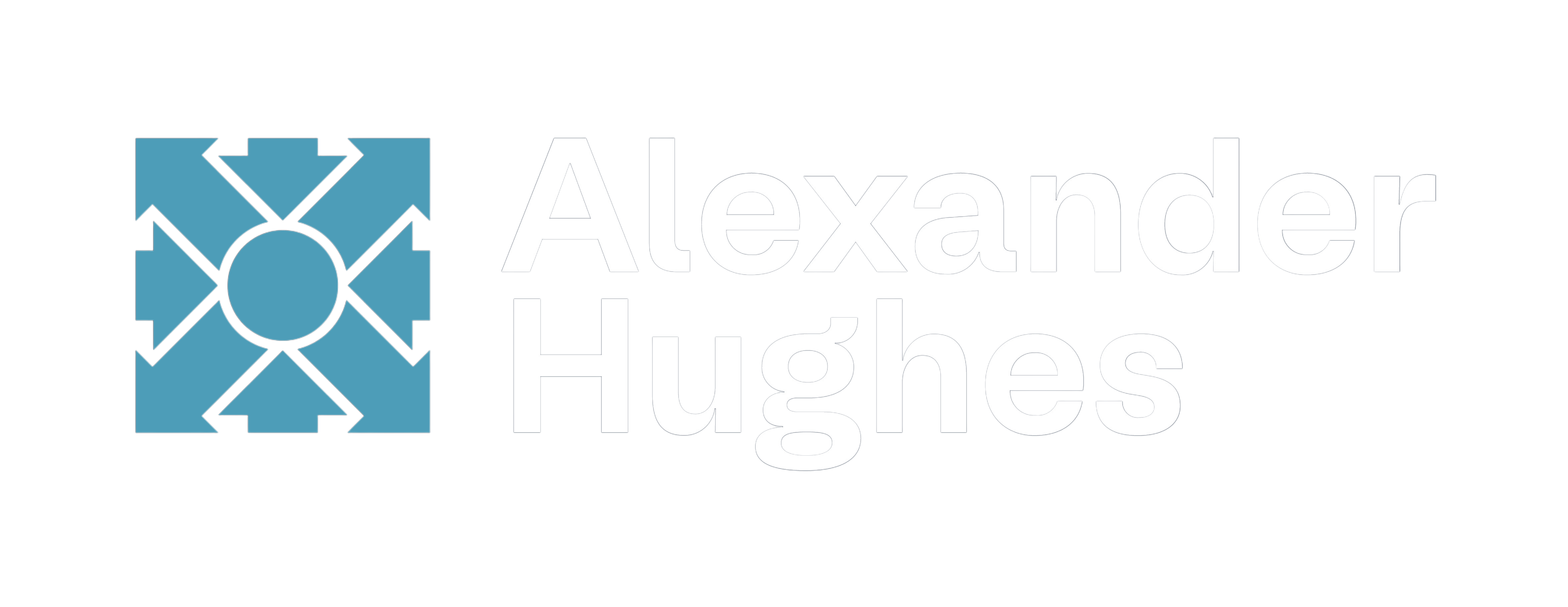Hiring a US executive to spearhead your European subsidiary is a sign of growth for your organization. However, orchestrating this acquisition may be a difficult task, particularly if you are unfamiliar with cross-cultural recruitment.
Myriam Le Cannellier, co-founder and director of DSML Executive Search, is intimately familiar with cultural differences affecting executive recruitment in the US and Europe. “European subsidiaries hiring executives in America must be aware of the minute details,” Myriam says. “Navigating complex differences with a trained, competent organization can help you source suitable candidates while remaining competitive.”
Modern subsidiaries must be deeply familiar with the recruitment differences between the US and Europe. Capturing this knowledge may lead to better hiring decisions in the future, as well as more successful outcomes for cross-cultural subsidiaries.
How European Companies Recruit Executives In The US
Successful sourcing of executive recruitment for European businesses in the US must begin with understanding, communication, and alignment.
This includes a discussion of the primary recruitment differences between the US and Europe:
- Navigating cultural differences
- Understanding work-life differences
- Bridging communication differences
- Accounting for timing differences
- Adjusting for compensation differences
You must carefully consider each of these before engaging in the recruitment process.
1. Navigating cultural differences
Executives in the US and Europe embody unique cultural differences that may influence their adaptation to cross-cultural roles.
For example, American executives typically prefer egalitarian work environments emphasizing adaptability, innovation, and casual comradery. French executives, on the other hand, maybe more comfortable with strong hierarchical structures. Their decision-making process may also be longer and rely on more in-depth analysis. It’s not uncommon to voice disagreements during meetings or provide clear, blunt feedback.
We always suggest that European executives ask American candidates what challenges they anticipate in working for a European headquarters. The answer can inform their final decision and open the door to additional discussions. Candidates with relevant cultural experience and a similar work ethic should probably be preferred.
2. Understanding work-life differences
Conversations regarding work-life balance have reached new heights within the United States. More than half of all Americans (57%) say they wouldn’t take a new job that doesn’t offer balanced hours.
That said, many elements of the work-life balance conversation depend on the generation in question. Younger Americans are more likely to feel workplace stress or consider work-life balance in job descriptions, for example.
Keep in mind many recent statistics show that Americans are willing to work longer hours, especially when remote work is an option. Approximately 10.4% of Americans work more than 50 hours per week, compared to 7.7% of French employees.
Work-life balance means different things on different sides of the Atlantic. Americans prefer a shorter day but likely take shorter vacations. American Executives tend to stay connected even when on vacation, while Europeans value disconnection when taking time off. The key here is to clarify expectations.
3. Bridging communication differences
Americans and Europeans don’t just have a language barrier — they also have a communication barrier due to unique cultural differences.
Many European managers, for example, are direct and clear about expectations, especially when it comes to providing feedback. This may come as a surprise to American managers who are used to less direct feedback.
European subsidiaries should match candidate experience to cultural aptitude to ensure a long-lasting, well-suited fit. Remember: job experience is not the only determinant of a successful hire for cross-cultural roles.
4. Accounting for timing differences
The pace of executive searches is very different between the US and Europe. The market may be faster and somewhat more fluid in America, which has an impact on both clients and candidates alike.
For example, resigning from an executive role in many European countries provides the company and employee with at least two or three months to put their affairs in order. US executive resignations, however, typically have a shorter timeline of just four weeks or fewer.
Keep in mind this can have an impact on the interview process as well. Timing may differ between the initial interview and offer, so subsidiaries must be careful to time their approach.
5. Adjusting for compensation differences
Americans and Europeans have significant differences in their expected compensation packages. In the US, executive benefits packages often include long-term incentives in the form of stock options that are granted with certain vesting rules. In France, executives may have access to equity, but they need to invest in the company and buy the shares at a preferred price.
“Benefits may require some research before approaching the conversation,” Myriam says. “Be sure to consider cultural differences before pitching it to the candidate as part of their compensation package.”
Navigate US Hiring Differences With DSML Executive Search
Making the first hire for your European subsidiary is rarely without a learning curve. However, partnering with the team at DSML Executive Search can help you make informed decisions while optimizing your hiring strategy.
Our highly-respected executive recruitment firm with offices in Boston and Chicago, can help you bridge the gap between American and European hiring expectations. We specialize solely in cross-cultural recruitment on fixed-fee, retainer, or subscription services.
You can contact the professionals at DSML Executive Search by calling +1 312 268 6166. Once you relay your recruitment needs to our team, we can design a recruitment process placing education and communication first.

